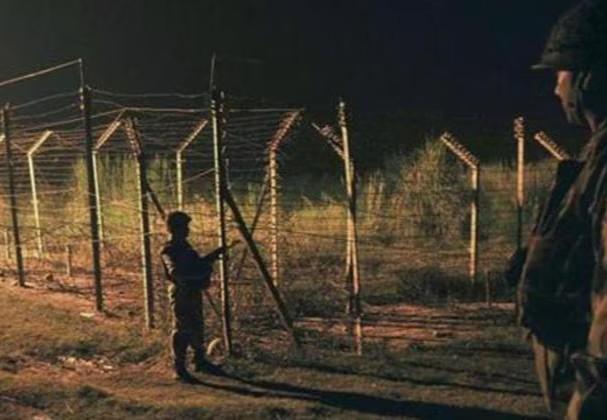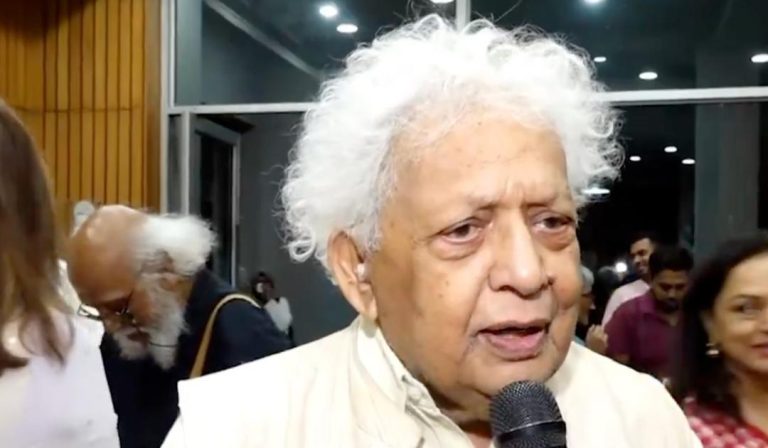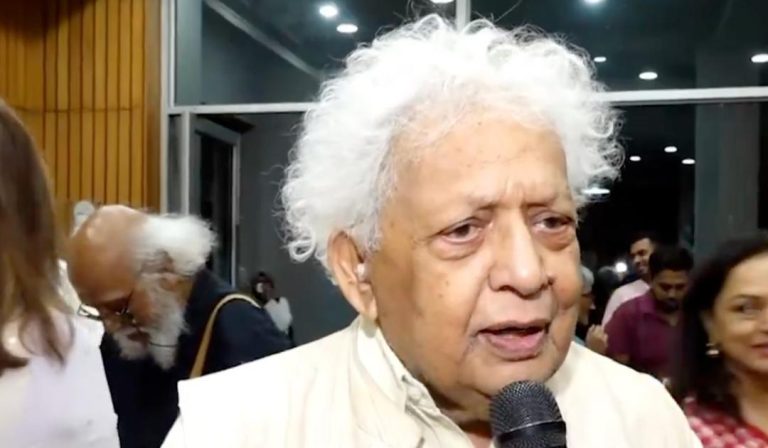
Pakistan Violates Ceasefire Along LoC for 6th Straight Night, India Responds
The fragile peace along the Line of Control (LoC) was once again disrupted on the night of 29-30 April 2025, as the Pakistan Army resorted to unprovoked small arms fire at multiple locations. This is the sixth consecutive night of ceasefire violation, as tensions between India and Pakistan continue to rise following the Pahalgam terror attack.
According to reports, the Pakistan Army’s firing was aimed at Indian positions in the Akhnoor sector of Jammu and Kashmir. The Indian Army troops, however, responded swiftly and proportionately to the Pakistani aggression, effectively silencing the enemy fire.
This latest incident of ceasefire violation has raised concerns about the deteriorating situation along the LoC, with both sides trading accusations of aggression. The Indian Army has maintained that it is committed to maintaining peace and tranquility along the border, but will not hesitate to respond to any provocation.
The Pahalgam terror attack, which killed three Indian Army personnel, is believed to be the trigger for the current round of tensions between India and Pakistan. The attack, which was carried out by a group of terrorists, was widely condemned by both the Indian government and the international community.
Pakistan has been facing increasing pressure from the international community to take concrete action against terrorist groups operating from its soil. The country has been accused of providing safe haven to terrorist organizations, such as Lashkar-e-Taiba and Jaish-e-Mohammed, which have been responsible for several high-profile attacks in India.
In recent years, there has been a significant spike in ceasefire violations along the LoC, with both sides exchanging fire on several occasions. The tensions have been fueled by a string of terrorist attacks in India, which India blames on Pakistan-based terrorist groups.
The Indian Army has been at the forefront of the country’s efforts to counter terrorism, and has been conducting operations against terrorist groups in the Kashmir Valley. The Army has also been working to improve the security situation in the region, with a focus on building confidence among the local population.
The current situation along the LoC is a cause for concern, not just for India, but for the entire region. The fragile peace in the region can be easily disrupted by a single incident of ceasefire violation, and the consequences can be severe.
In this context, it is essential that both India and Pakistan take immediate steps to de-escalate the situation and return to the negotiating table. The two countries have a long history of conflict, but they also have a shared interest in maintaining peace and stability in the region.
In recent years, there have been several attempts to revive the peace process between India and Pakistan, but they have been unsuccessful. However, the current situation provides an opportunity for both sides to re-engage and work towards a peaceful resolution.
The Indian government has been clear in its opposition to any talks with Pakistan until the country takes concrete action against terrorist groups operating from its soil. Pakistan, on the other hand, has been pushing for a dialogue, but its actions have been inconsistent with its words.
The onus is now on Pakistan to take concrete action against terrorist groups, and to demonstrate a genuine commitment to peace and stability in the region. India, on the other hand, must also be willing to engage in a constructive dialogue, and to work towards a peaceful resolution of the outstanding issues between the two countries.
In conclusion, the ongoing situation along the LoC is a cause for concern, and requires immediate action from both India and Pakistan. The two countries must work together to de-escalate the situation, and to return to the negotiating table. The future of peace and stability in the region depends on it.





